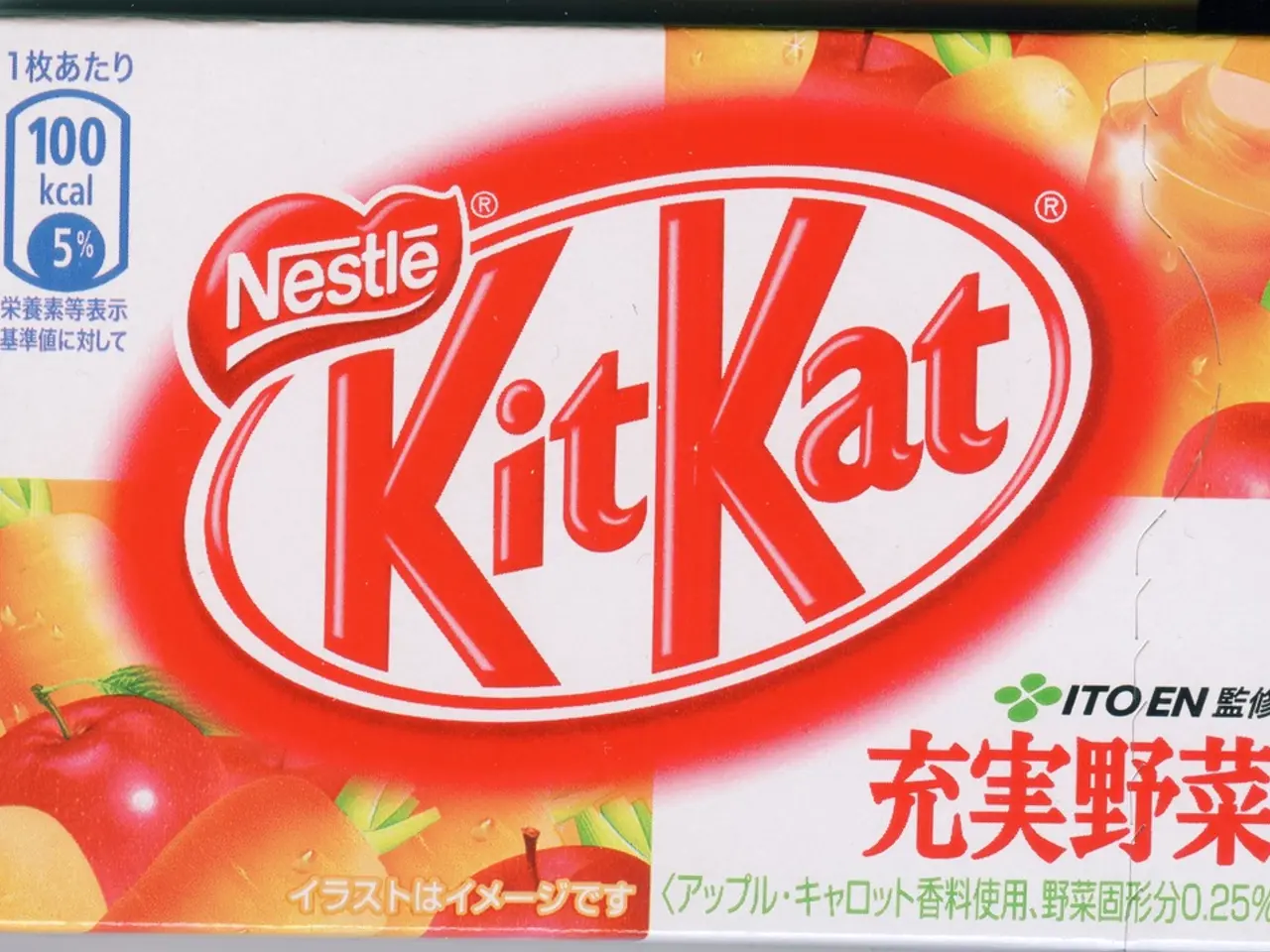A Swedish woman owns a unique type of EMS pasta.
FIFA's introduction of maternity regulations in professional football in 2021 has been a significant step towards supporting female players who choose to have children. One such player, Amanda Ilestedt, a defender for Arsenal FC and the Swedish national team, is making headlines as she returns to the field less than a year after the birth of her daughter.
Under FIFA's new rules, professional footballers are entitled to up to 14 weeks of paid maternity leave, with at least two-thirds of their salary guaranteed during this period. However, the application of these regulations varies, with some leagues and clubs having additional provisions. For instance, the National Women’s Soccer League (NWSL) in the United States provides eight weeks of paid parental leave.
In Europe, clubs are expected to adhere to both FIFA’s minimum standards and local labor laws, but enforcement can be inconsistent. High-profile cases, such as Sara Björk Gunnarsdóttir's legal battle with Olympique Lyonnais, have highlighted the importance of FIFPRO, the international players’ union, in ensuring compliance with FIFA’s rules.
Ilestedt's return to top-level competition after childbirth is a testament to the importance of a supportive environment. Her partner, Rainer, takes care of their daughter during her training sessions, while Arsenal provided Ilestedt with a private breastfeeding room, adjusted training times, and routines. Leupolz, another player in the German national team, also returned to international top-level sport after giving birth and was supported by her club, FC Chelsea, and the DFB.
However, the process is not without challenges. Players often face pressure to return quickly, and the quality of support can vary widely depending on the club and country. The lack of uniform, strictly enforced regulations means that some players may still encounter obstacles, such as inadequate facilities, insufficient paid leave, or unclear pathways for reintegration into the squad.
Ilestedt's case is a poignant reminder of the challenges faced by mothers in professional football. Despite the successful lawsuit that compelled Olympique Lyon to make up parts of her withheld salary during pregnancy, Ilestedt's contract was not renewed after the birth of her daughter. Yet, she remains hopeful, aiming to show women that it is possible to start a family and continue playing at the highest level.
With the 2025 European Championship underway, Ilestedt is the only remaining mother in the field, demonstrating that a return to professional football is possible with a supportive club, a strong private network, and personal initiative. Her comeback serves as an inspiration to many, paving the way for more mothers to follow in her footsteps and thrive in the world of professional football.
**Table: Key Maternity Regulations**
| Entity | Minimum Maternity Leave | Pay During Leave | Enforcement/Notes | |-------------|------------------------|-----------------------|-----------------------------------------| | FIFA | 14 weeks | ≥ 2/3 salary | Global minimum standard[1] | | NWSL (USA) | 8 weeks | Paid | Via CBA[1] | | Europe | Varies by country | Varies by club/country| Some rely on national law over FIFA[1] |
- FIFA's policy on maternity leave in professional football has sparked a discussion about family-health and women's-health, providing up to 14 weeks of paid leave to female players.
- Vocational training programs in the field of health-and-wellness could benefit from studying the effect of such regulations on the physical recovery and return-to-play of professional athletes after childbirth.
- Clubs that support and accommodate players like Amanda Ilestedt and Leupolz during pregnancy and childbirth contribute to a happier and healthier community, benefiting both the players and the sport.
- Advocacy groups such as FIFPRO play a crucial role in enforcing FIFA's maternity regulations, ensuring that every player has access to the necessary facilities and resources to maintain a balance between motherhood, parenting, and sports.




